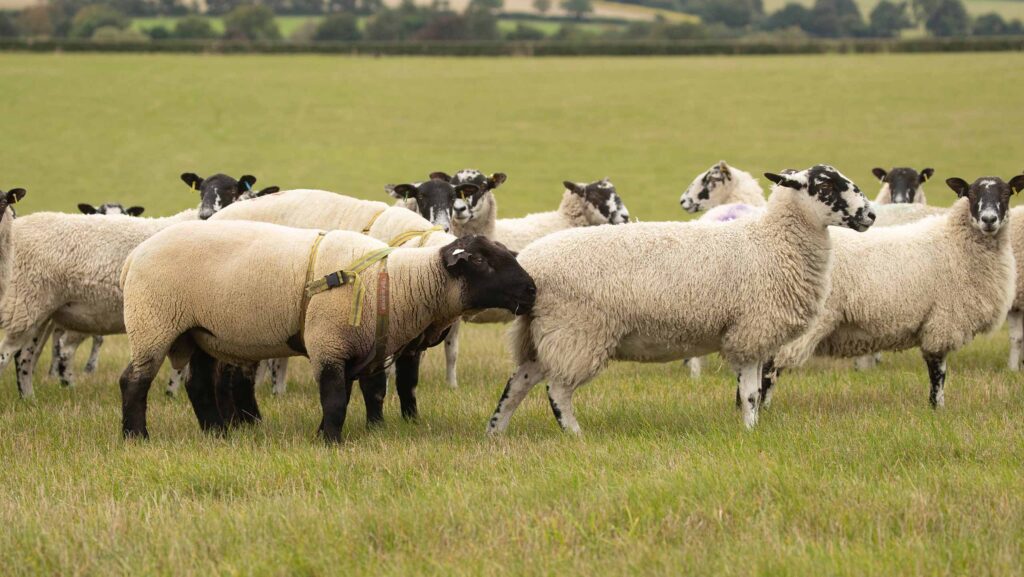Livestock sector launches bluetongue survey for farmers
 © Tim Scrivener
© Tim Scrivener Livestock farmers are being urged to complete a short online survey to help monitor and combat cases of bluetongue in the UK.
Almost 100 cases have been confirmed since the most recent outbreak began on 26 August, with restriction zones spanning across the east of England.
The survey is open to all livestock farms regardless of whether they have had cases of bluetongue or not, and hopes to collect data on how many animals have been impacted and what symptoms have been observed.
See also: First new bluetongue vaccines available for use
It is being headed by Fiona Lovatt of Flock Health Limited, in partnership with Ruminant Health & Welfare, AHDB, and the University of Nottingham.
Ms Lovatt said: “We know farmers across the country, in and out of the restricted zone, are at the coalface, dealing with daily challenges and disruption due to the BTV-3 outbreak.
“We want to make sure their experiences and the impact on their animals are captured.”
She added: “We need to find out what level of clinical signs farmers are seeing in their animals, whether they are experiencing mortality with BTV-3 cases, and what their appetite is to vaccinate in future for bluetongue serotype 3.”
Ms Lovatt stressed that the survey is anonymous, so hopefully farmers feel they can share everything they have seen that might be relevant.
Farm businesses can complete the survey online.
Defra out on farm
Defra secretary Steve Reed visited a livestock farm within the restricted zone in Essex on 25 September to find out more about the outbreak and how it was being tackled on the ground.
The visit followed the decision by Defra earlier in September to grant emergency authorisation to three vaccines for bluetongue.
Mr Reed said: “I have heard first-hand the experiences of farmers battling this disease and we are working hard to prevent its spread into other areas of England and Great Britain.
“We understand restrictions can have an impact, but stress the importance of everyone adhering to these. We are committed to working with everyone affected and urge people to report livestock they suspect have the disease.”
Sascha Van Helvoort, veterinary head of field delivery and outbreaks for England at Apha, added that an increasing number of cases demonstrated the importance of vigilance from all livestock keepers and farmers.
“We have field teams, vets and scientists across the country who are working hard to help tackle bluetongue virus and ensure farmers are being supported,” she concluded.
